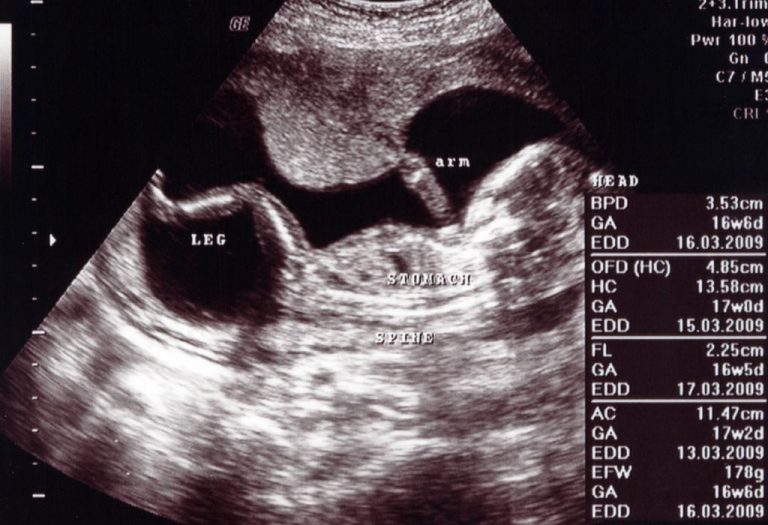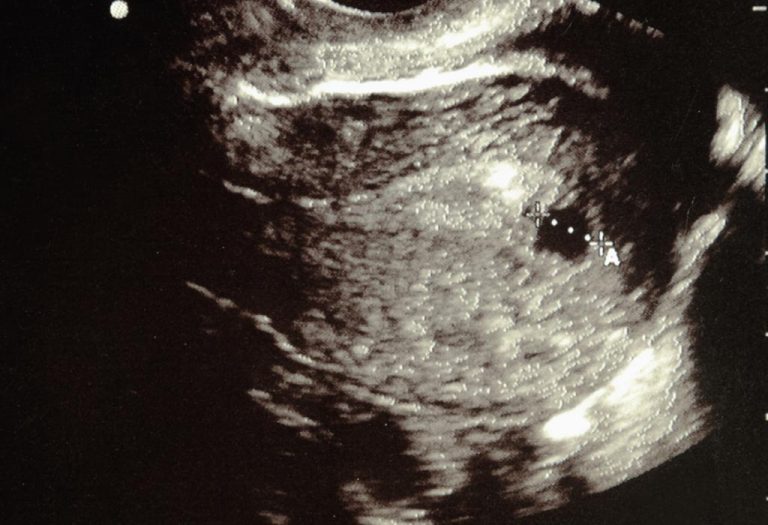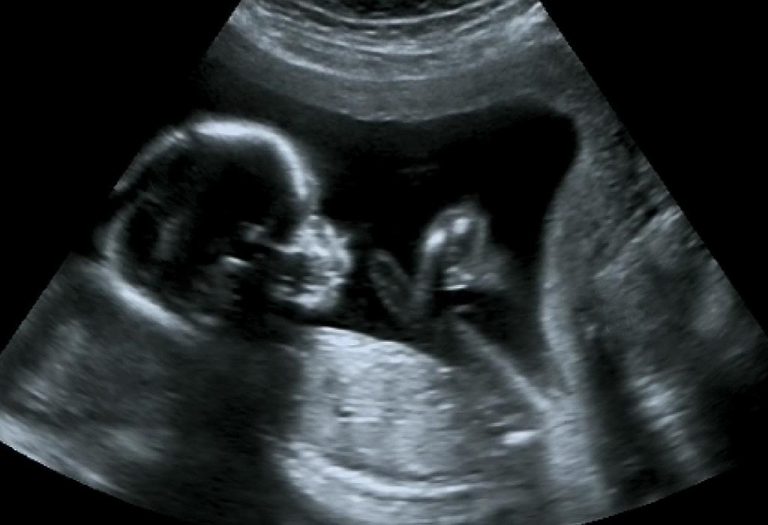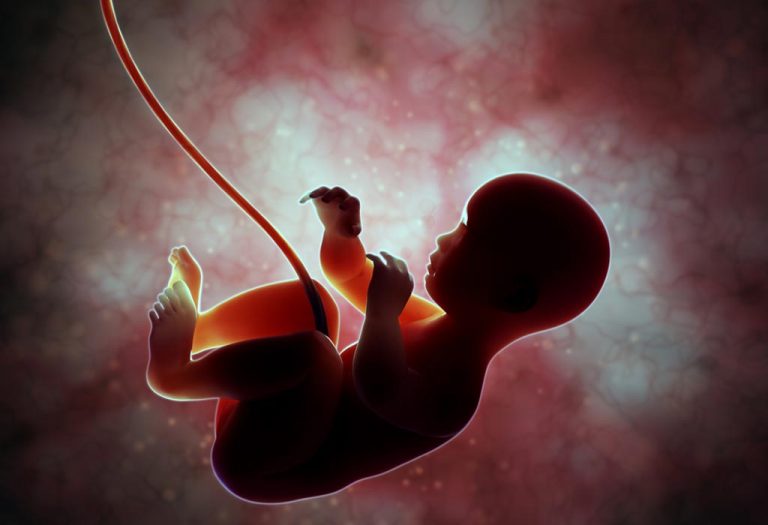39 Weeks Pregnant: Symptoms, Signs of Labor, & Belly Size

At 39 weeks pregnant, the baby is completely developed and ready to step into the world. At 39 weeks, it is quite common that you will experience discomforts and aches. You may notice increased pressure on your pelvis as the baby moves lower in preparation for birth. Your body will also go through a few minor but important changes. These contractions may vary in intensity and frequency, signaling that the moment to meet your little one is getting closer. Embrace this phase, knowing that you are almost there! Being thirty-nine weeks pregnant is a remarkable milestone that brings you one step closer to holding your baby.
Your Baby’s Growth During Pregnancy – Week 39
During the 39th week of pregnancy, the baby will reach its birth size and weight. This baby can now be taken into consideration as a full-term fetus. Here are some of the strides your baby is making during this week:
- At this stage, the baby’s brain is still developing rapidly. This rate of brain development will continue for the first three years after birth.
- The baby will also have accumulated sufficient body fat which will help it remain warm after birth.
- During the period, nutrients and antibodies are continued to be supplied to the baby by the mother’s placenta, which will help the baby fight against any illness.
- The baby also grows new skin as the outer layers of the skin begin to shed.
How Many Months Is 39 Weeks of Pregnancy?
Wondering how many months is 39 weeks? At 39 weeks of pregnancy, you are in the ninth month of your pregnancy. Pregnancy is typically counted as 40 weeks, which equals about 9 months and 1 week. By the time you reach 39 weeks, you are considered full-term, and your baby is ready to be born.
What Is the Baby’s Size?
When you are 39 weeks pregnant, the baby’s size will be around 3.1 to 3.6 kg, and the length of the baby from head to toe will be around 19 inches to 21 inches.
Common Body Changes
It is nearly the end of your pregnancy by the 39th week. These will be the final few days of experiencing pregnancy. The common body changes during pregnancy in the 39th week include a heavier uterus, which can cause discomfort to you.
Symptoms of Pregnancy at Week 39
Most of the symptoms are labor signs that are soon to happen. These are:
1. Braxton-Hicks Contractions
During this period, tightening or cramping of the uterus will occur frequently, despite all the care taken. Such false alarms of labor begin at the body’s front side, and tend to ease up upon switching positions. Real labor can be recognised by the cramps that begin at the upper portion of the uterus and occur regularly and frequently.
2. Pressure in the Pelvic Region
During these final few days, the baby may have descended low into the pelvis, giving an uncomfortable and heavy feel in your lower torso.
3. Lightning-like Sensation in the Crotch Area
Due to the lowered position of the baby, any movements by the baby can hit various nerves that are quite sensitive. Because of this, you may experience sharp sensations that feel like a lightning bolt in the pelvic region.
4. A Compulsive Feeling to Nest
Quite a few of you to-be mothers will get an urge to clean the house before the baby is born!
5. Discharging Mucus and/or Blood
During the 39th week of pregnancy, you might develop a mucus plug. This is a thick discharge that might have some blood. Although some people consider this a sign that pregnant women will soon go into labor, there isn’t any science to support this theory.
What Are the Signs of Labor?
There are a few signs that are the body’s way of announcing the baby’s arrival. It is essential to know these signs, although there is nothing to stress about if you go into labor without realizing it. Usually, these symptoms will be very different and quite strong as compared to the other pregnancy symptoms, and are thus easily recognizable by you. You will need to call your obstetrician or visit the hospital if you experience the following symptoms:
1. Breaking of Water
You may feel a slow trickle of water down your legs. This could mean that your amniotic sac is ruptured and are most likely to enter labor within a couple of hours.
2. Frequent Contractions at Regular Intervals
If you experience contractions frequently, you need to time these contractions and check to see a decrease in the interval between them. If they are regular, it means that you are in the starting stages of labor. It is unsure though, how long this stage will last. During the 39th week, some pregnant women do not experience any labor symptoms, which is fine as well.
While some pregnant women experience labor symptoms including dilated cervix, frequent contractions, etc., a few days or even weeks before delivery, there are many who dilate from 0 to 10 cm within just a few hours.
Inducing Labor at 39 Weeks
During this period of pregnancy, you might want to know natural methods that you can try at home to induce labor. There are a few safe methods one can try:
1. Taking Walks
Taking a long walk might work. This method does not have any scientific proof, but experts believe that gravity helps push the baby down into the mother’s cervix, and this pressure will dilate the cervix.
2. Acupuncture
This is another method that does not have any scientific proof. This age-old practice is said to regulate blood flow, thereby stimulating the cervix dilation.
3. Sex
Experts believe that experiencing an orgasm might help begin labor contractions. It wouldn’t hurt to give it a try!
The doctor might also advise you to go through medical induction by giving you some Pitocin. The reasons for this include various complications such as gestational diabetes, heart conditions, preeclampsia, placental issues, and uterine infections. Doctors also recommend medical induction to pregnant women who are in their 39th week of pregnancy and are carrying twins or if the pregnant woman hasn’t entered labor even after the water has broken.
Belly at 39 Weeks Of Pregnancy
During the 39th week of pregnancy, your belly will have almost no space inside due to the continuous growth of the baby. The skin over the belly will be completely stretched. To ease the discomfort, it is recommended to do cat stretches (hands-and-knees) as well as pelvic tilts.
39 Weeks Ultrasound
An ultrasound check-up is usually recommended to ensure that the baby is in the best possible position for a normal and safe delivery. This is when the baby is in the head-down position. During this week, the sonographer will get a 75% view of the baby’s face, and the baby’s eyelashes are usually visible in it.
What to Eat
There is no scientific evidence that foods can induce labor. 39th week pregnancy food includes those items which can be digested easily. It is advised to stay away from fatty food, dairy products, and meat.
Tips & Care
Here are a few tips to follow during this period.
Dos
- Consume food that can be digested easily, as the digestive system will be strained otherwise.
- Ensure your transportation to the hospital is in top condition and ready at a moment’s notice.
Don’ts
- Do not consume dairy products, meat, and fatty food during this period, as it strains the digestive system.
- Many of you would experience a symptom called ‘nesting’ as the due date approaches and may tend to overexert yourselves. While there is nothing wrong with making the house tidy, just make sure you ask for help from your family or hire a cleaning person.
What You Need to Shop For
Here are a few things you could shop for during the 39th week of pregnancy:
- Breast pumps
- Baby wipes
- Diapers
- Breast milk storage bags
- Nursing sleepwear – These are guaranteed to make the final weeks of your pregnancy as easy and comfortable as possible. You can check out Bella Mama’s range of maternity lingerie too. Made of 95 percent cotton, and a little spandex, the underwear is soft and has some stretch, so it won’t irritate or dig into your skin.
When to See the Doctor
At 39 weeks gestation, it becomes even more important to recognize warning signs as your body prepares for labor. Below are some 39 weeks pregnant symptoms not to ignore:
- Severe abdominal pain: If you experience intense, persistent pain in your abdomen, it could indicate a serious issue like placental abruption or preeclampsia.
- Bleeding or spotting: Any unusual vaginal bleeding, especially heavy bleeding, should be reported to your doctor immediately.
- Sudden swelling: Swelling in your hands, feet, or face, especially if accompanied by headaches or blurred vision, can be a sign of preeclampsia.
- Decreased fetal movements: If your baby’s movements significantly reduce or stop, it is important to seek medical advice promptly.
- High fever: A fever above 100.4°F (38°C) that doesn’t improve with medication could signal an infection.
- Intense headaches or vision changes: These symptoms may indicate high blood pressure or other conditions that require urgent care.
FAQs
1. Can I go into labor at 39 weeks pregnant even if I don’t have contractions?
Yes, it is possible to go into labor at 39 weeks pregnant without experiencing regular contractions beforehand. Some women experience a “slow” or “latent” phase of labor, where early signs like back pain, pelvic pressure, or changes in cervical dilation occur before contractions become more consistent.
2. Should I be concerned about a sudden decrease in fetal movement at 39 weeks pregnant?
A sudden decrease in fetal movement at 39 weeks pregnant can be concerning. Although some decrease in movement is normal as the baby has less space to move, if you notice a significant reduction or stop in movement, contact your healthcare provider immediately. They may want to monitor the baby’s health.
3. Can I start losing my mucus plug multiple times at 39 weeks pregnant?
Yes, some women may see that they’re losing the mucus plug at 39 weeks in small amounts in the days or weeks leading up to labor. However, losing the entire plug doesn’t always indicate immediate labor. It’s also possible to lose it in stages, so if you see small amounts of mucus over time, it’s still normal.
4. Is it normal to experience ringing in the ears at 39 weeks pregnant?
Ringing in the ears, or tinnitus, can occur at 39 weeks pregnant due to hormonal changes, increased blood flow, and fluid retention. While it is often temporary, if the ringing is persistent or accompanied by dizziness or other concerning symptoms, it’s important to consult your doctor.
The approach of the due date may cause some anxiety. Reading up on what to expect is the best way to gather the information needed to handle the last few weeks of pregnancy. Stay relaxed and prepared, as it is almost time for you to meet your baby!
References/Resources:
1. Week 39; NHS; https://www.nhs.uk/start-for-life/pregnancy/week-by-week-guide-to-pregnancy/3rd-trimester/week-39/
2. 39 Weeks Pregnant; American Pregnancy Association; https://americanpregnancy.org/healthy-pregnancy/week-by-week/39-weeks-pregnant/
3. Cesarean Birth: FAQs; American College of Obstetricians and Gynecologists; https://www.acog.org/womens-health/faqs/Cesarean-Birth
4. How Your Fetus Grows During Pregnancy: FAQs; American College of Obstetricians and Gynecologists; https://www.acog.org/womens-health/faqs/how-your-fetus-grows-during-pregnancy
5. The Third Trimester; Johns Hopkins Medicine; https://www.hopkinsmedicine.org/health/wellness-and-prevention/the-third-trimester
6. Dealing With Pain During Childbirth; Nemours Kids Health; https://kidshealth.org/en/parents/childbirth-pain.html
7. Water breaking: Understand this sign of labor; Mayo Clinic; https://www.mayoclinic.org/healthy-lifestyle/labor-and-delivery/in-depth/water-breaking/art-20044142
Previous Week: 38 Weeks Pregnant
Next Week: 40 Weeks Pregnant
Was This Article Helpful?
Parenting is a huge responsibility, for you as a caregiver, but also for us as a parenting content platform. We understand that and take our responsibility of creating credible content seriously. FirstCry Parenting articles are written and published only after extensive research using factually sound references to deliver quality content that is accurate, validated by experts, and completely reliable. To understand how we go about creating content that is credible, read our editorial policy here.











































